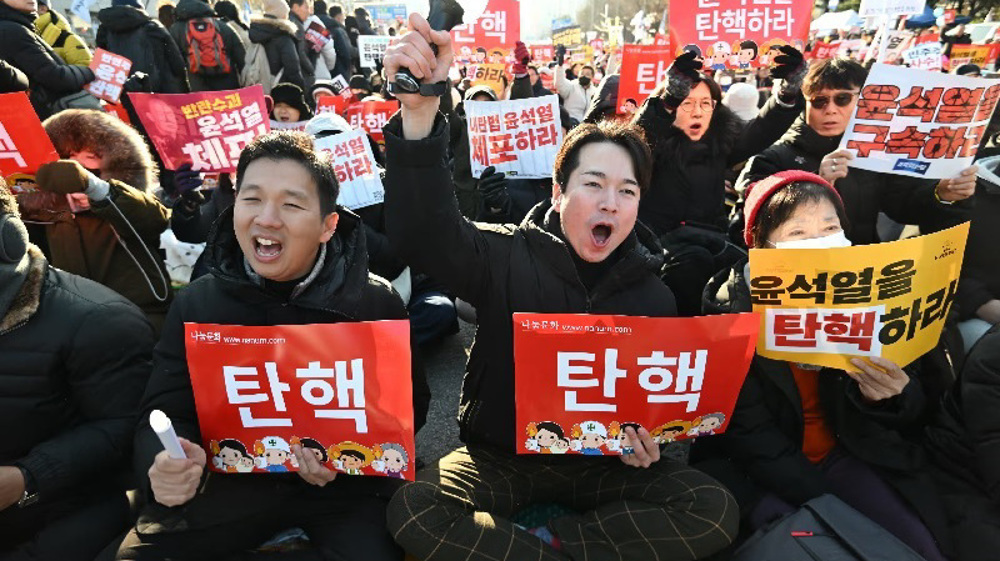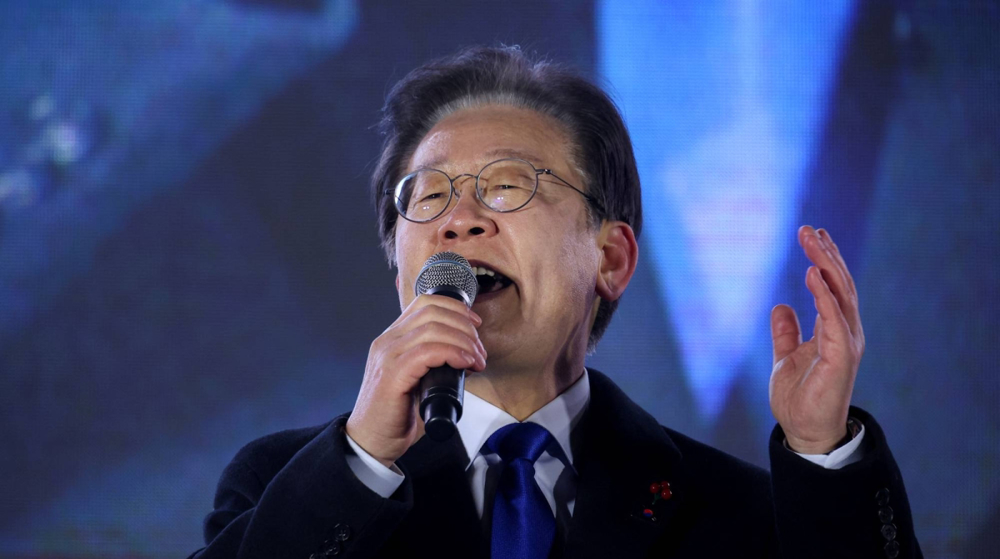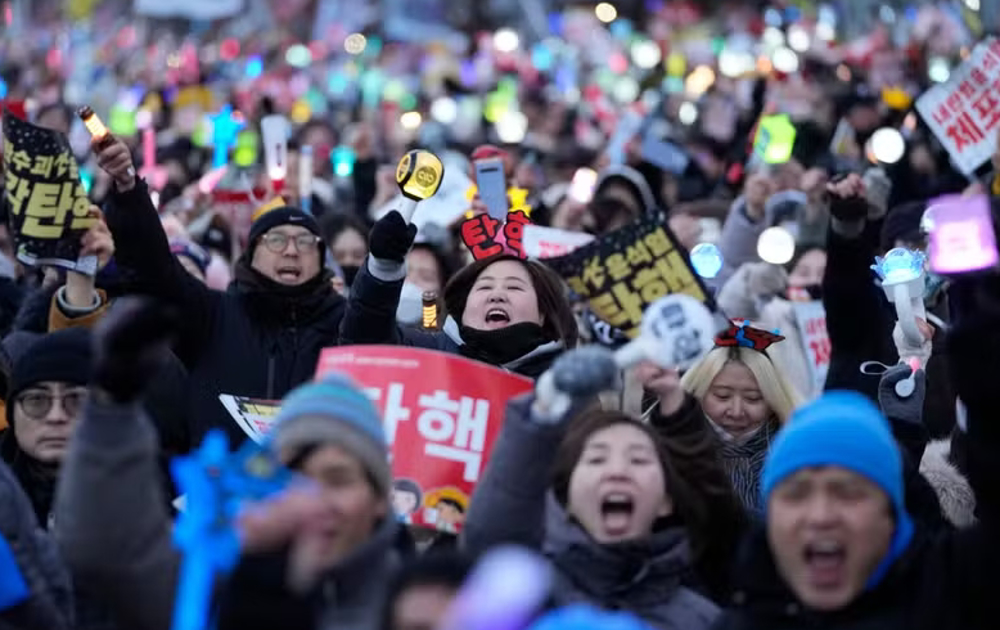North Korea slams South Korea’s latest military war game
North Korea has slammed the South for holding live-fire drills despite Pyongyang’s earlier warnings, labeling it the “most vicious military provocation aimed at confrontation.”
The North’s National Defense Commission (NDC) on Tuesday described South Korea’s war game as “reckless saber-rattling,” while hinting at a possible response.
“The South Korean authorities clearly showed again that their hostile and confrontation policy towards the North still remains unchanged,” read a statement from an unnamed NDC spokesman, which was aired on the state-run Korean Central News Agency (KCNA).
South Korea on Monday conducted a military exercise near the border with the North in the Yellow Sea to mark the anniversary of North Korea’s shelling of South Korean Yeonpyeong Island, which killed four South Koreans, including two civilians, on November 23, 2010.
“It is as clear as noonday what results such a confrontation racket they staged – when various pending issues between the north and the south are... on the agenda – will bring about. We will follow the South Korean authorities’ attitude,” added the NDC spokesman.

On Sunday, North Korea warned its southern neighbor that “merciless retaliation” would await Seoul if it went ahead with the planned drill.
In a video message on Monday, as the military exercise was in full swing, South Korean President Park Geun-hye said, “I want our military to build up a perfect combat-readiness posture so they can deal with any kind of threat or provocation without hesitation.”
The fresh tensions on the Korean Peninsula come just days before the two Koreas are due to hold talks aimed at improving relations. The discussions are planned for Thursday at the border truce village of Panmunjom, marking the first inter-governmental interaction between the two Koreas since officials from both sides met there in August to defuse a crisis that had pushed both sides to the brink of an armed conflict.
It is not clear if the meeting will be held as planned in the wake of the recent give-and-take over the South Korean drill.
The Korean Peninsula has seen a cycle of military rhetoric since the Korean War, which lasted from 1950 to 1953, divided the peninsula and left millions of people displaced and many families permanently separated.
The inter-Korean conflict concluded with an armistice rather than a peace treaty, which means that the two Koreas technically remain at war.
‘All wars have rules. All of those rules have been broken’ by Israel
VIDEO | Report flags India’s violation of rights of Rohingya detainees
Turkey's foreign minister meets Syria's de facto leader in Damascus
'Next to impossible' to rescue patients from Gaza's Kamal Adwan Hospital: Director
VIDEO | Vietnam current prosperity
Report blames gasoil exports for shortage at Iranian power plants
VIDEO | Hind Rajab Foundation names Israeli war criminals vacationing after Gaza genocide
VIDEO | Australians rally for Gaza ahead of Christmas festivities










 This makes it easy to access the Press TV website
This makes it easy to access the Press TV website